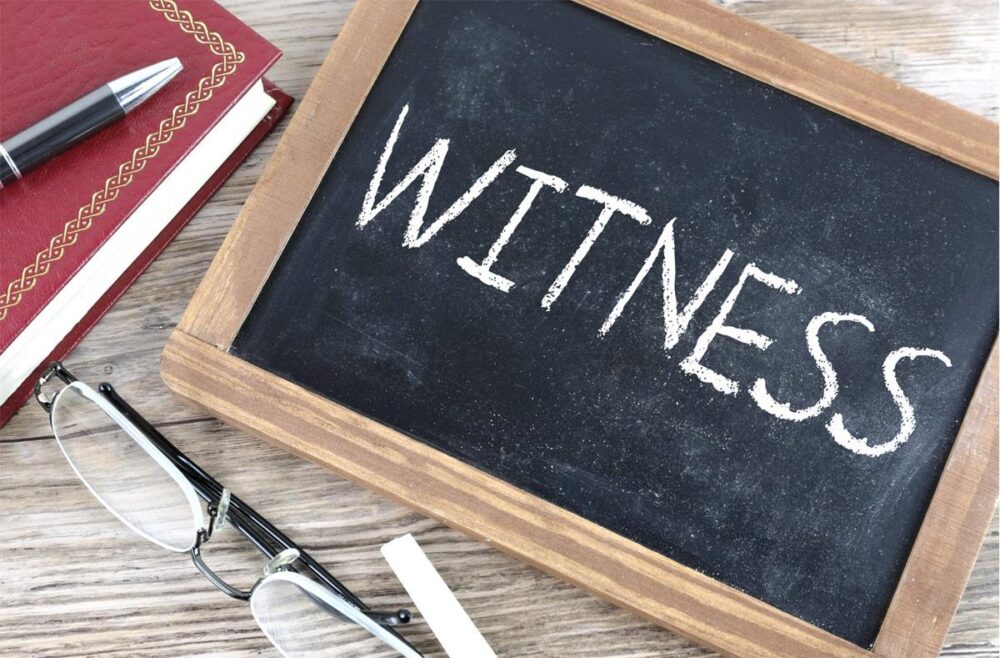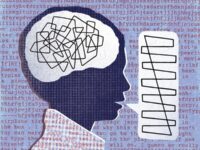Anyone who has watched Criminal Minds is familiar with the iconic cognitive interview, where the team members attempt to re-immerse a witness into the crime scene by asking them to recall specific details surrounding them. The interview almost always results in an incredible moment where the witness suddenly remembers exactly what happened. However, memory retrieval is not that simple, and it is not always accurate. Memory is influenced by our own biases and ideals in the same way we judge characters in our favorite TV shows. When memory is retrieved and an event is recalled, a phenomenon known as the misinformation effect comes into play, which refers to how exposure to information post-event can interfere with the original memory.
Memory is influenced by our own biases and ideals in the same way we judge characters in our favorite TV shows.
The fallibility of memory is especially important when put in the context of eyewitness testimony. First, the stakes are incredibly high; the decision of whether or not to imprison someone is not something to be taken lightly. Additionally, eyewitness testimonies are especially interesting case studies for the consequences of the misinformation effect because they fall victim to two practices: the repeated retrievals of memory common in interrogations and retrieval-enhanced suggestibility (RES). RES refers to the phenomenon that an immediate test of memory after a witnessed event can increase vulnerability to misinformation.
One study from Iowa State University in 2017 looked at levels of inconsistency and inaccuracy of memory for participants who witnessed a crime and were subjected to different stages of questioning. Results showed that there was indeed a substantially greater reporting of misinformation during the final memory test for witnesses who were questioned about the event immediately after it happened compared to those tested a week after. These results highlight the RES effect, suggesting delayed initial testing can improve memory performance. The study also found that those who chose the correct information versus the misinformation rated themselves with approximately the same confidence levels, even though participants selected the misinformation 76 percent of the time. These results are a bit shocking and worrying, especially when the confidence of eyewitnesses is often one of the biggest influences that jurors take into account, according to a 2011 study in Psychology, Crime, and Law. It is often believed that the biggest sign of a poor, unreliable witness is a lack of confidence, but the results of the 2017 study force us to reconsider.
Eyewitness testimony can be very dangerous. In the book “Convicting the Innocent: Where Criminal Prosecutions Go Wrong,” the author, Brandon L. Garrett, tells the stories of several individuals wrongfully convicted by eyewitness misidentification. As of 2017, approximately 350 convictions had been overturned by DNA findings, and about 70 percent of the trials involved eyewitness testimony. Shockingly, in 41 percent of these cases, there was a cross-racial identification. Not only do our own biases affect our memory, but it must be kept in mind that the biases of police officers and investigators have significantly impacted criminal trials for centuries. In 2004, Uriah Courtney was arrested for assault. The only evidence? Two eyewitnesses who swore under oath were positive beyond a shred of doubt that he was the guy. Nine years later DNA exonerated him. In the 1970s, David Gray was on trial for rape and murder. The victim testified she was “absolutely positive” he was the attacker. He wasn’t, and it took him 20 years behind bars to prove it.
Another recent study by the Departments of Psychology at Fairfield University and Tufts University aimed to measure how different warnings can reduce susceptibility to misleading information. Participants were warned at different stages that some of the information they were exposed to after watching the event was wrong. Results suggested that warnings to errors both pre-exposure and post-exposure can significantly reduce misinformation.
Where do investigations go from here? There is finally research being done to learn about possible improvements to investigative strategies. But, when it comes to eyewitness testimony, the risk may be greater than the reward. As forensic science continues to advance and DNA is easier to analyze than ever before, perhaps it’s time for eyewitness testimony to be retired as an evidence source. Trials must prove the accused guilty beyond any reasonable doubt, but science proves that our memories are shrouded with doubt, and a degree of certainty for our own memories may never be feasible.
Sources:
Journal of Applied Research in Memory and Cognition (2017). DOI: 10.1016/j.jarmac.2017.07.003
PNAS (2020). Doi:10.1073/pnas.2008595117. DOI: 10.1073/pnas.2008595117
Psychology, Crime, and Law (2011). DOI: 10.1080/1068316X.2011.587815
Image courtesy of Picpedia




